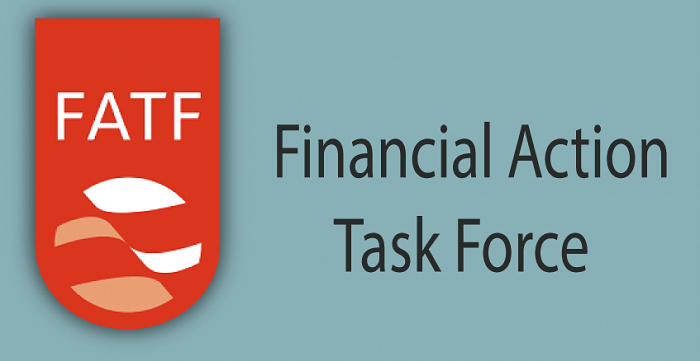
The Financial Action Task Force (FATF) is an intergovernmental organization established in 1989 with the aim of developing policies to combat money laundering, terrorist financing, and other threats to the integrity of the international financial system. FATF operates as an independent body, bringing together governments and private sector representatives from around the world to tackle financial crimes collectively.
Mission: FATF’s mission is to set international standards and promote effective measures to combat money laundering, terrorist financing, and the proliferation of weapons of mass destruction. By establishing global cooperation and encouraging the implementation of comprehensive measures, FATF aims to protect the integrity of the financial system and safeguard society against the harmful impacts of illicit financial activities.
Initiatives and Guidelines:
- FATF Recommendations: FATF has developed a comprehensive set of international standards and recommendations known as the “FATF Recommendations.” These guidelines provide a framework for countries to adopt and implement robust measures to prevent money laundering, terrorist financing, and other financial crimes. The Recommendations are periodically revised to address emerging threats and evolving risks.
- Mutual Evaluations: FATF conducts mutual evaluations to assess the compliance of member countries with the FATF Recommendations. These evaluations help identify strengths and weaknesses in countries’ anti-money laundering and counter-terrorist financing frameworks, allowing for targeted support and guidance to enhance effectiveness.
- Public-Private Partnerships: FATF recognizes the importance of collaboration between the public and private sectors. It actively engages with industry stakeholders, financial institutions, and other organizations to foster public-private partnerships and promote the implementation of effective anti-money laundering and counter-terrorist financing measures.
- Typologies and Risk Assessments: FATF conducts research and publishes reports on money laundering and terrorist financing typologies, emerging trends, and risk assessments. These resources assist countries and financial institutions in identifying and mitigating risks associated with illicit financial activities.
- Global Network: FATF operates a global network of regional bodies and organizations known as the FATF-Style Regional Bodies (FSRBs). These bodies work in collaboration with FATF to promote effective implementation of anti-money laundering and counter-terrorist financing measures at a regional level, fostering consistency and cooperation worldwide.
Impact and Achievements: FATF’s efforts have had a significant impact on global financial security. Through its standardized recommendations, mutual evaluations, and public-private partnerships, FATF has fostered cooperation among countries, enhanced regulatory frameworks, and promoted the exchange of information to combat money laundering and terrorist financing. FATF’s work has contributed to the disruption of illicit financial flows, the identification of high-risk areas, and the strengthening of global financial systems’ resilience against financial crimes.
Website and LinkedIn Presence: To learn more about the Financial Action Task Force (FATF) and access their resources, please visit their official website: FATF Website
Connect with FATF on LinkedIn for updates, insights, and global initiatives in the fight against financial crimes: FATF LinkedIn Page







